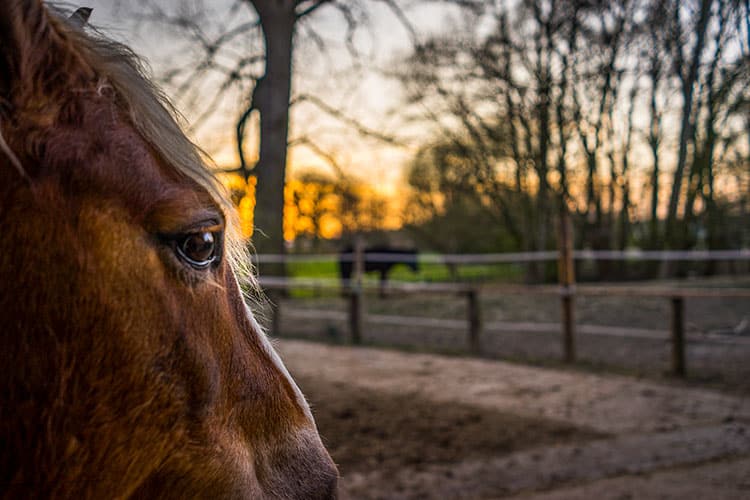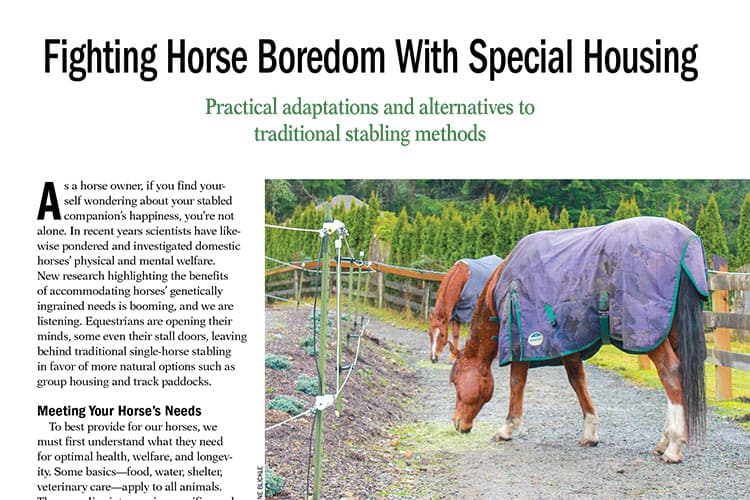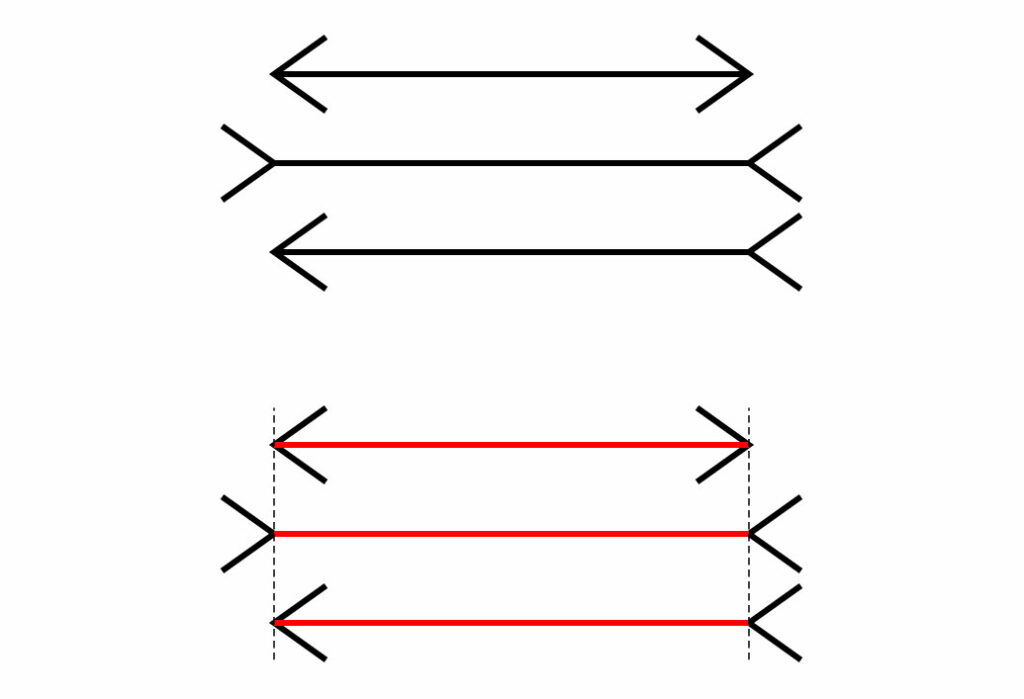
CBD’s Effects on Horses’ Behavior and Movement
Researchers found a relationship between CBD treatment and horse reactivity. Results related to CBD’s effects on movement and stride were less conclusive.

Researchers found a relationship between CBD treatment and horse reactivity. Results related to CBD’s effects on movement and stride were less conclusive.

Learn what steps you and your veterinarian can take to get to the bottom of subtle horse health problems.

As you consider ways you can help your foal—and his dam—through the weaning process, examine proven methods based on research findings to formulate a plan.

Equine behavior experts say the answer depends on the work … and the horse.

Dr. Bill Vandergrift talks about leaky gut syndrome in horses during the 2021 EquiSummit, presented by Kemin Equine.

Horse owners are opening their minds, some even their stall doors, leaving behind traditional single-horse stabling in favor of more natural options such as group housing and track paddocks.

Learn about four trendy nutritional supplements in the equine industry, the rationale for their administration, and scientific data supporting their use.

Investigators used an ethogram and cortisol testing to record stress levels in equine-assisted activity and beginner riding lesson horses.

Learn about equine sedation and anesthesia in this Q&A with a leader in the field.

British researchers analyzed 4,000 road incidents between cars and ridden or handled horses and found drivers’ passing too closely, speeding, and road rage all contributed to conflicts and injury.

Researchers found horses, unlike dogs, might perceive certain optical illusions similar to the way humans see them.

Horses with a history of anxiety during fireworks displays showed marked improvement with treatment, their owners reported.

Swedish researchers observed 22 geldings as they learned to navigate automatic feeding stations equipped with automatic doors, food dispensers, and microchip readers.

The key lies in offering the horse other behaviors—backing, for instance—to perform besides head-butting.

As social animals, horses have a basic need to connect with others, and it is essential to their well-being and survival.

Do you think your horse is worth protecting? Enter The Horse’s photo contest for a chance to win a prize pack from Manna Pro.
Stay on top of the most recent Horse Health news with
"*" indicates required fields